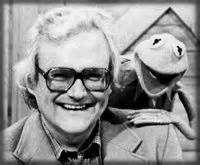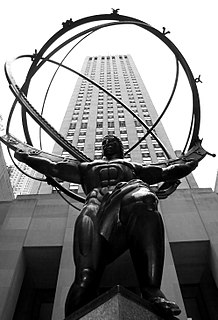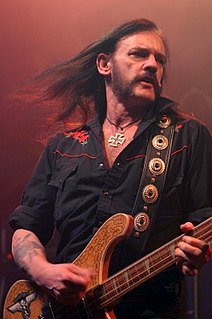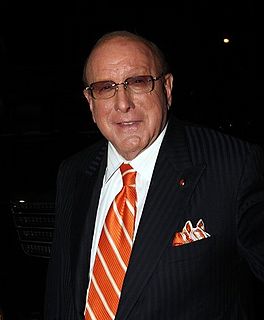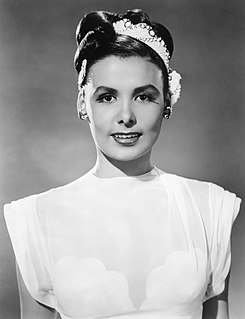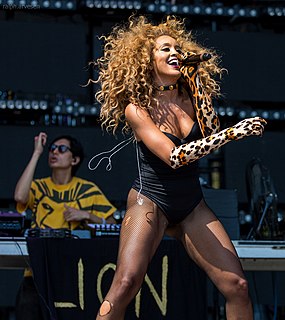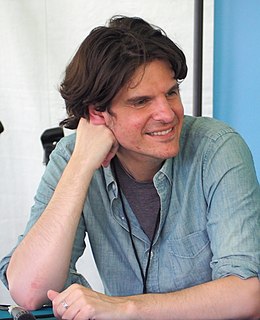A Quote by Jerry Juhl
I've worked with genius performers. Sometimes they created great work with a bad script... but not often. Play it safe: write well.
Related Quotes
When I write a play, and we read it for the first time, the great fear is that everybody is going to say, 'You're a bum and you can't write. This stinks.' and throw the script in the garbage. The great hope is that they're all going to lift me up on their shoulders and carry me to the streets, singing, 'He's a genius, he's a genius!'
I found it was my good fortune to somehow be able to work in these forms that I loved when I was a kid. I love movies and I could write screenplays. I love theater and I could write plays. I mean, they would be my own, I could never write what was used to be called the well-made play. But my first play, "Little Murders," turned out to be a great success and a great influence on plays at that time.
The best thing we've learned is when you are attempting to write a full song, write a full song that day. When we first started, we would have great ideas, but there's something about a moment and a vibe that's being created in time that when you return to it, it sometimes works, and it sometimes doesn't.
We write and write and write until we think, 'If we have to shoot this script, we'll be happy, and it's going to be a great movie.' I meet with all the actors two weeks before, and I ask them, 'What lines don't work? What is uncomfortable for you? What jokes do you think aren't good? If you're not getting it, here's what the joke is.' You fix it.
We brought him [Raffi Torres] in because he was an emotional, physical player. He's had nothing but a great attitude and a great work ethic with us all year long. He comes to play, prepares himself real well. We need him to play the way he does. You know, he's a little bit sometimes outside the box, but you've got to let him be who he is.
I've worked on other shows where the sense is like, "Well, don't change it too much," you know? But on this one [ Too Much Tuna], Nick [Kroll] and John [Mulaney] - beyond being amazing performers - are also writers, and wanted to keep improving upon the show, particularly the play within a play. I think the writing just got funnier and funnier.
